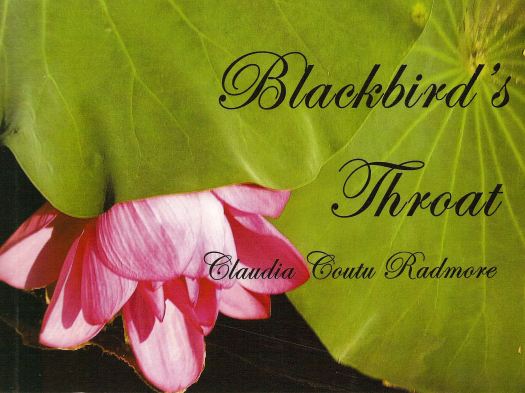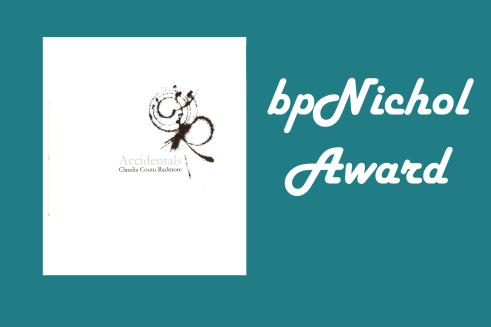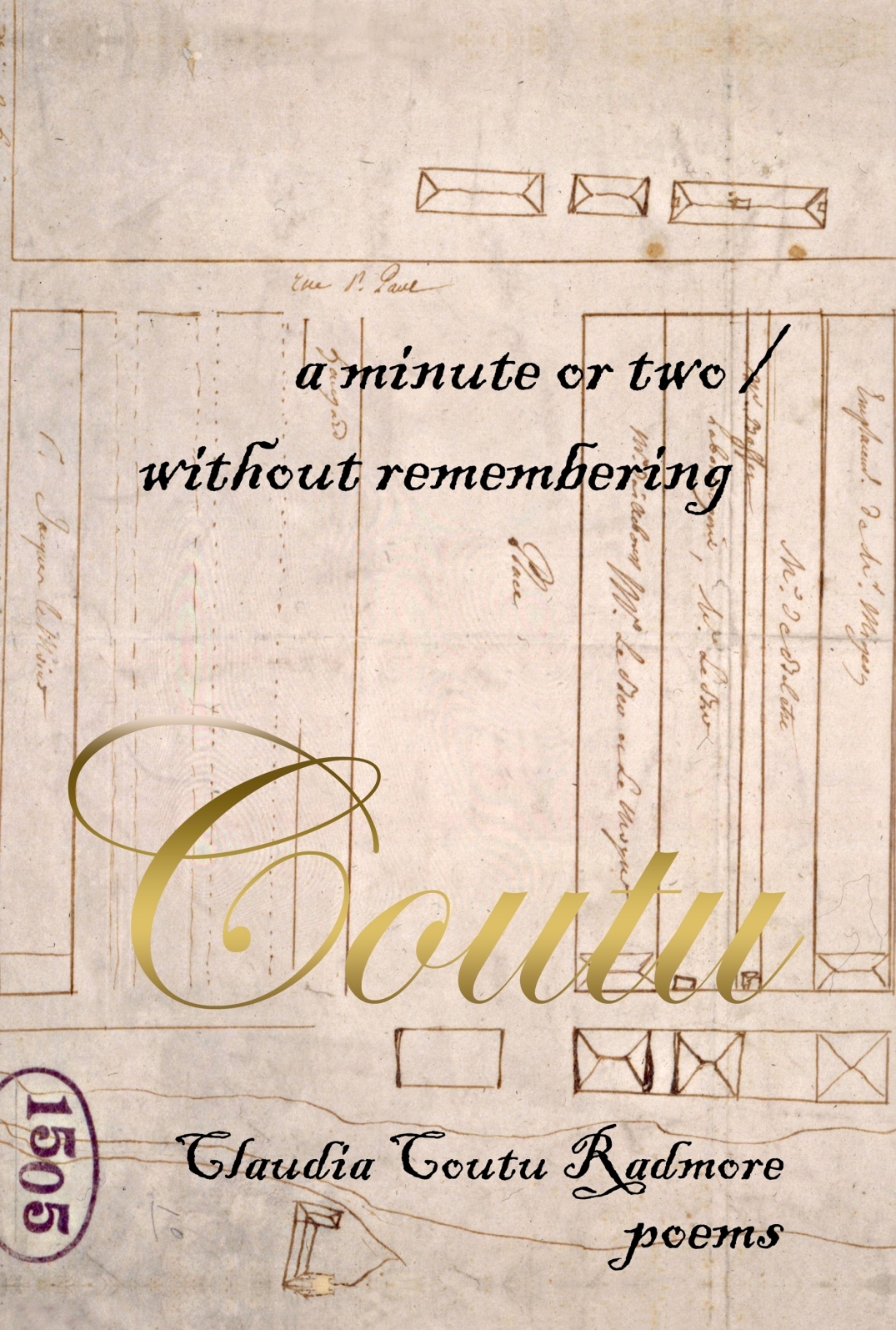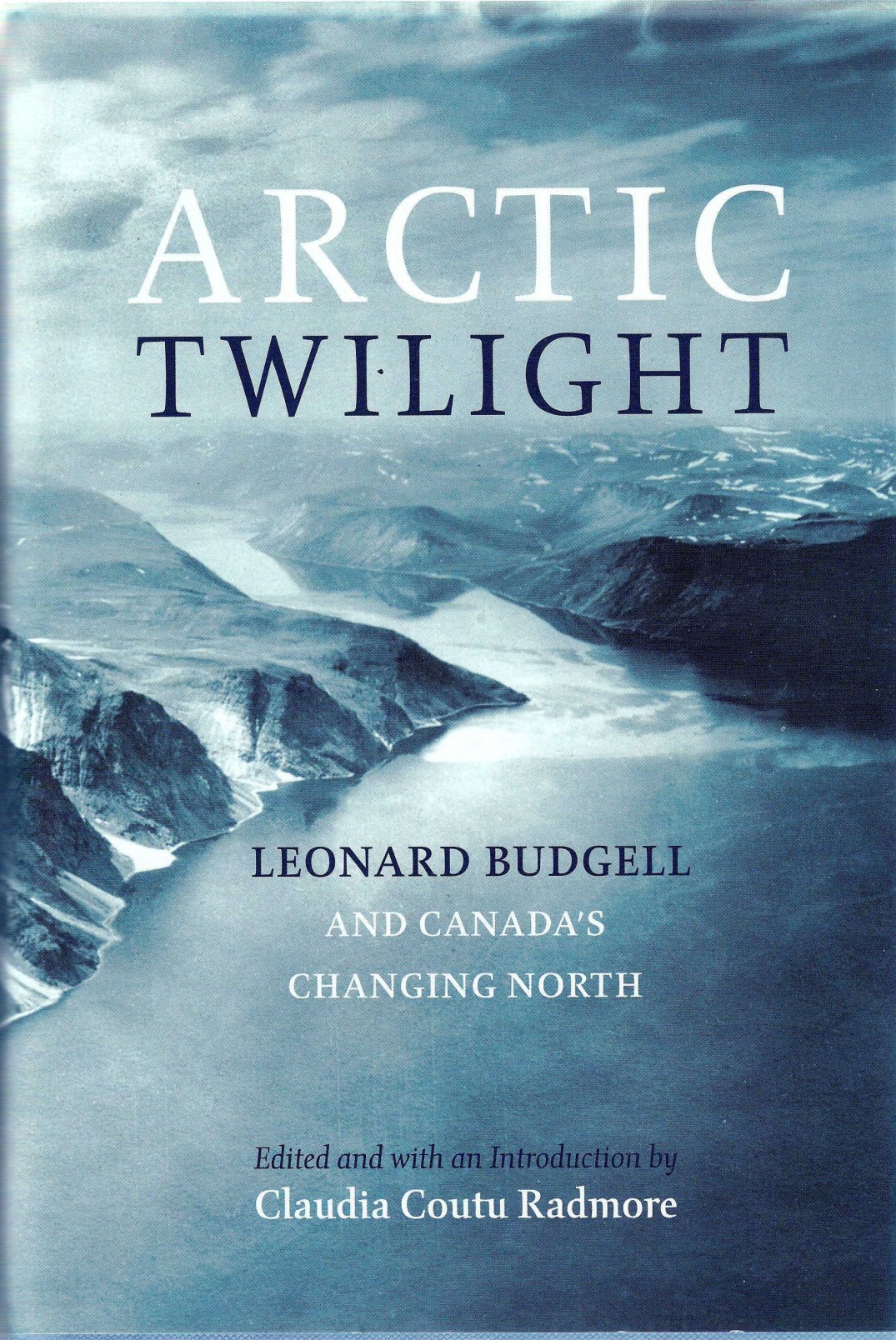Michael Crummey, author of Galore, Sweetland and Under the Keel, among other prizewinning books:
From isolated postings to starvation camps, from tall-tale hunting expeditions to a dog-sled trip through the Northern Lights in the Torngat mountains, it is the best book about the North I’ve ever read.
in the acknowledgements for his novel Sweetland, Michael Crummey The community of boat engines was lifted (along with countless other details) from Arctic Twilight by Leonard Budgell.
Bernice Morgan, author of Random Passage and Cloud of Bone:
From isolated postings to starvation camps, from tall-tale hunting expeditions to a dog-sled trip through the Northern Lights in the Torngat mountains, it is the best book about the North I’ve ever read.
Karen Molson, author of The Molsons: Their Lives and Times
“Over the years I’ve become so jaded by manuscripts that have come my way, even by those on the verge of being published. In Arctic Twilight I surely wasn’t expecting to find (a) excellent writing, (b) subjects that touched me directly, or (c) glimpses of simple, unaffected, literary genius. But all three are here, in abundance.”
A.B. McKillop, author of The Spinster and the Prophet; Florence Deeks, H.G. Wells, and The Mystery of the Purloined Past and Pierre Berton: A Biography
“Leonard Budgell – Arctic adventurer, radio and naval expert, fur trader, raconteur, life-long “Servant of the Bay,” and a whole lot more – provides an illuminating portrait of life in the changing Canadian North during much of the twentieth century.”
Frits Pannekoek; former President of Athabasca University who has published widely in Indigenous History:
“Len Budgell’s letters are one of the greatest legacies anyone could have left Canada and its people. With incredible insight and sensitivity he painted a remarkable picture, particularly of the aboriginal peoples of the Canadian north and their humanity.”
 Writers of tanka at the Japanese Heian Court (roughly 800 – 1100 AD) often made references to Chinese poetry. It was a way to establish their erudition and status, for education of the period meant study of the Chinese classics.
Writers of tanka at the Japanese Heian Court (roughly 800 – 1100 AD) often made references to Chinese poetry. It was a way to establish their erudition and status, for education of the period meant study of the Chinese classics.

